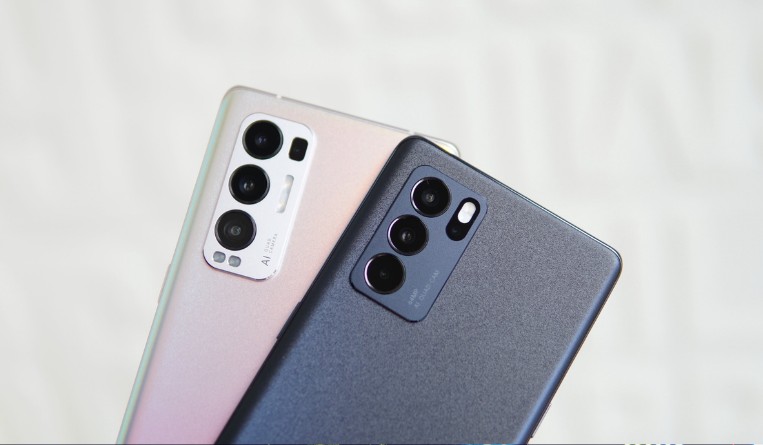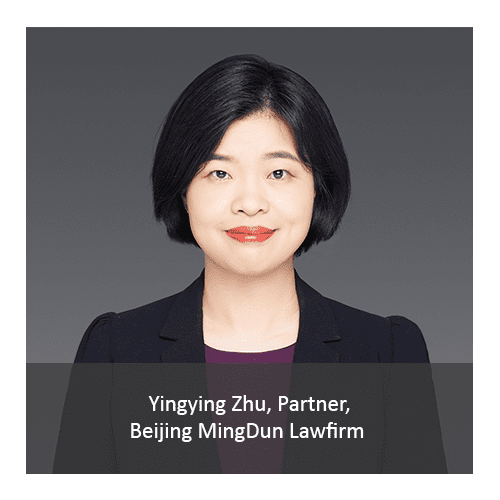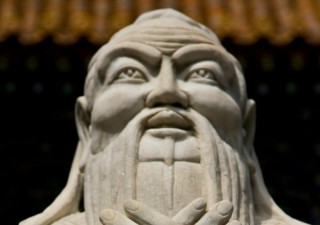"The agreement reflects the change of the Chinese High Tech companies’ attitude towards global IP lawsuits," says Yingying Zhu, Partner, Beijing MingDun Law Firm in China. "In the past, Chinese companies used to be uncomfortable with fighting high-profile patent infringement lawsuits due to the concerns such as weak IP foundations, language barriers, the daunting work of understanding international legal rules, high legal costs, etc. Nowadays, in the face of Sharp’s global patent litigation, Oppo didn’t flee or flinch, rather, they took an aggressive stance, hired international legal professionals to work for them and fiercely struck back. These efforts plus the strong patent profile that they have been building up throughout the years led to the settlement of the global lawsuits between OPPO and Sharp."
She adds that there are three implications of this agreement: Building intellectual property “firewalls” in important technology fields and understanding international legal rules are vital to the survival and success of all competitors in the telecommunication industry; Through its judgment confirming the Chinese courts’ jurisdiction over global license rates of standard essential patents (“SEP”), the Shenzhen Intermediate People’s Court demonstrated the Chinese courts’ intent to have a say in the adjudication of global license fees of SEP in patent litigations involving key industries such as telecommunication; Unfair practices of patentees and excessive license fees they are charging might trigger the patent licensees’ fighting back. Patentees in the telecommunication industry might review their practices and work out a more amicable manner acceptable to parties involved in patent licensing.
In avoiding patent disputes, Zhu says, "Build a strong IP portfolios. Hire professionals to maintain, refresh and grow the IP portfolios. Monitor the competitors’ move. If sued, keep calm and trust your lawyer."
Excel V. Dyquiangco








